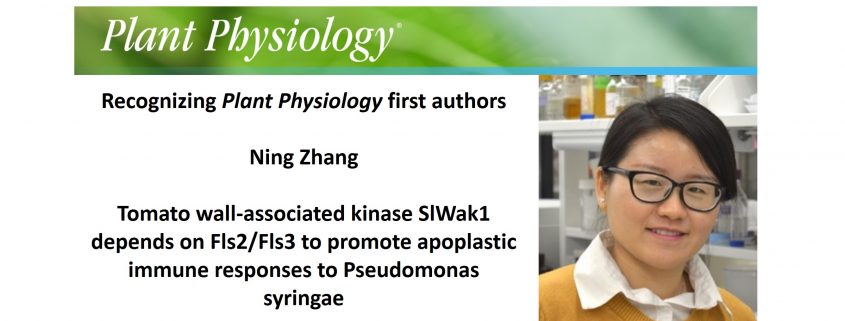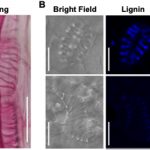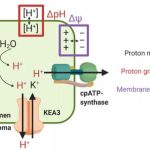Recognizing Plant Physiology authors: Ning Zhang
Ning Zhang, first author of Tomato wall-associated kinase SlWak1 depends on Fls2/Fls3 to promote apoplastic immune responses to Pseudomonas syringae
Current Position: Postdoctoral Associate, Boyce Thompson Institute for Plant Research, Ithaca, NY, USA
Education: PhD in Horticulture and Crop Science at the Ohio State University, USA; Master in Silviculture at Zhejiang Agricultural and Forestry University, China; Bachelor in Landscape architecture at Shandong Agricultural University, China
Non-scientific Interests: playing puzzles and sudoku, watching movies, reading
Brief bio: I studied Landscape Architecture as an undergraduate but became more interested in plant biotechnology and genetics. I changed my major to Silviculture during my Master’s study and gained extensive skills in plant tissue culture and transformation. In 2016, I earned my Ph.D at the Ohio State University working under the advisement of Dr. John Finer. My dissertation focused on the dissection of a group of strong soybean promoters, by studying how promoters, promoter elements, and intron sequences regulate the expression of target genes. One of the most interesting findings of my research is that precise modulation of gene expression can be achieved through minimal targeted changes in the promoter region of target genes. This makes me enthusiastic about CRISPR technology for targeted mutagenesis. In 2016, I joined Dr. Greg Martin’s lab as a postdoctoral researcher and lead a project that aims to develop tomato lines with CRISPR-mediated mutations in 150 immunity-associated genes and characterize them for their responses to the bacterial pathogen Pseudomonas syringae pv. tomato (Pst). We have generated over 400 tomato mutant lines with mutations in over 130 immunity-associated genes and published multiple papers regarding this project. One of the papers just got published in Plant Physiology, studying the function of a tomato wall-associated gene (Wak1) in immune response to the bacterial pathogen Pseudomonas syringae.




